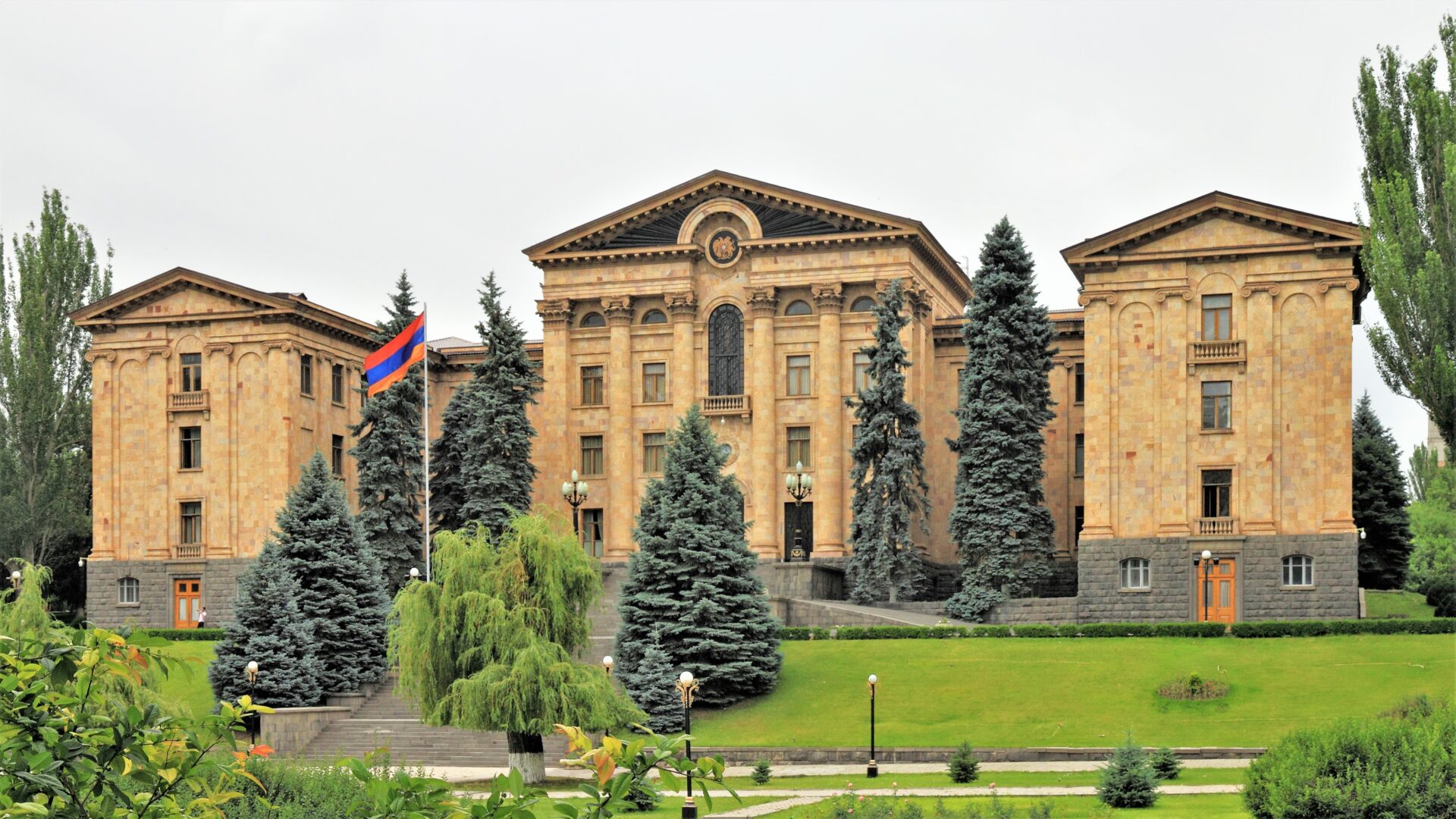On May 27, Armenia’s Parliament Speaker Alen Simonyan publicly stated that he does not share U.S. Secretary of State Marco Rubio’s recent assessment and warning of a present risk of renewed Azerbaijani invasion of Armenia.
Simonyan made the remarks during a press briefing, responding to Rubio’s May 21 testimony before the U.S. House Foreign Affairs Committee, in which Rubio stated that preventing a renewed conflict between Armenia and Azerbaijan—specifically an Azerbaijani invasion of Armenia—is a key foreign policy priority of the Trump-Vance Administration.
“There’s a real risk there of a conflict that we’re trying to prevent from happening,” Rubio warned. “Our teams have been very engaged in that regard in trying to make something come about and prevent an armed intervention there.”
He added that the United States remains focused on peace efforts: “With regard to Azerbaijan, our main focus has been to work towards establishing peace between Azerbaijan and Armenia.” He also emphasized that “the release of Armenian prisoners is a critical component of our diplomatic efforts,” underscoring that human rights concerns are central to U.S. policy in the region. Rubio acknowledged the complexity of dealing with authoritarian regimes: “We have to deal with countries that in many cases do not have an ideal model,” he said, noting the need to balance diplomacy with national interests.
In contrast, when asked by reporters to comment on Rubio’s concerns, Speaker Simonyan downplayed the threat: “I don’t have such information,” he said. “You can send a query to the defense ministry whether there are such trends or movements, but politically I don’t see such a thing at this moment.”
Simonyan’s statement marks a rare and notable divergence between Yerevan and Washington’s public assessments of regional security.
Rubio’s testimony came in response to pressing questions by Representatives Chris Smith (R-NJ) and Jim Costa (D-CA), both of whom condemned Azerbaijan’s ongoing aggression and its illegal detention of Armenian prisoners of war and political detainees. Congressman Smith said: “Aliyev is a dictator… release those prisoners. They’re being horribly mistreated. It’s very clear that after the genocide committed by Aliyev against the Armenians, there are many, many political prisoners and POWs being held.”
Congressman Costa also called for stronger U.S. engagement in holding Azerbaijan accountable and reinforcing Armenia’s sovereignty.
Following the hearing, ANCA Executive Director Aram Hamparian welcomed Rubio’s remarks: “We thank Congressmen Smith and Costa for raising the urgent need for stronger U.S. leadership in holding Azerbaijan accountable for its aggression and ongoing abuse of Armenian hostages, and welcome Secretary Rubio‘s constructive response — in particular his assurance that the Trump-Vance Administration is committed to preventing an Azerbaijani invasion of Armenia and ensuring the release of Armenian prisoners.”
While Washington underscores the urgency of deterrence and diplomacy to prevent further Azerbaijani aggression, Armenia’s leadership appears more restrained, publicly denying immediate signs of escalation—despite the warnings coming from one of its closest allies.


